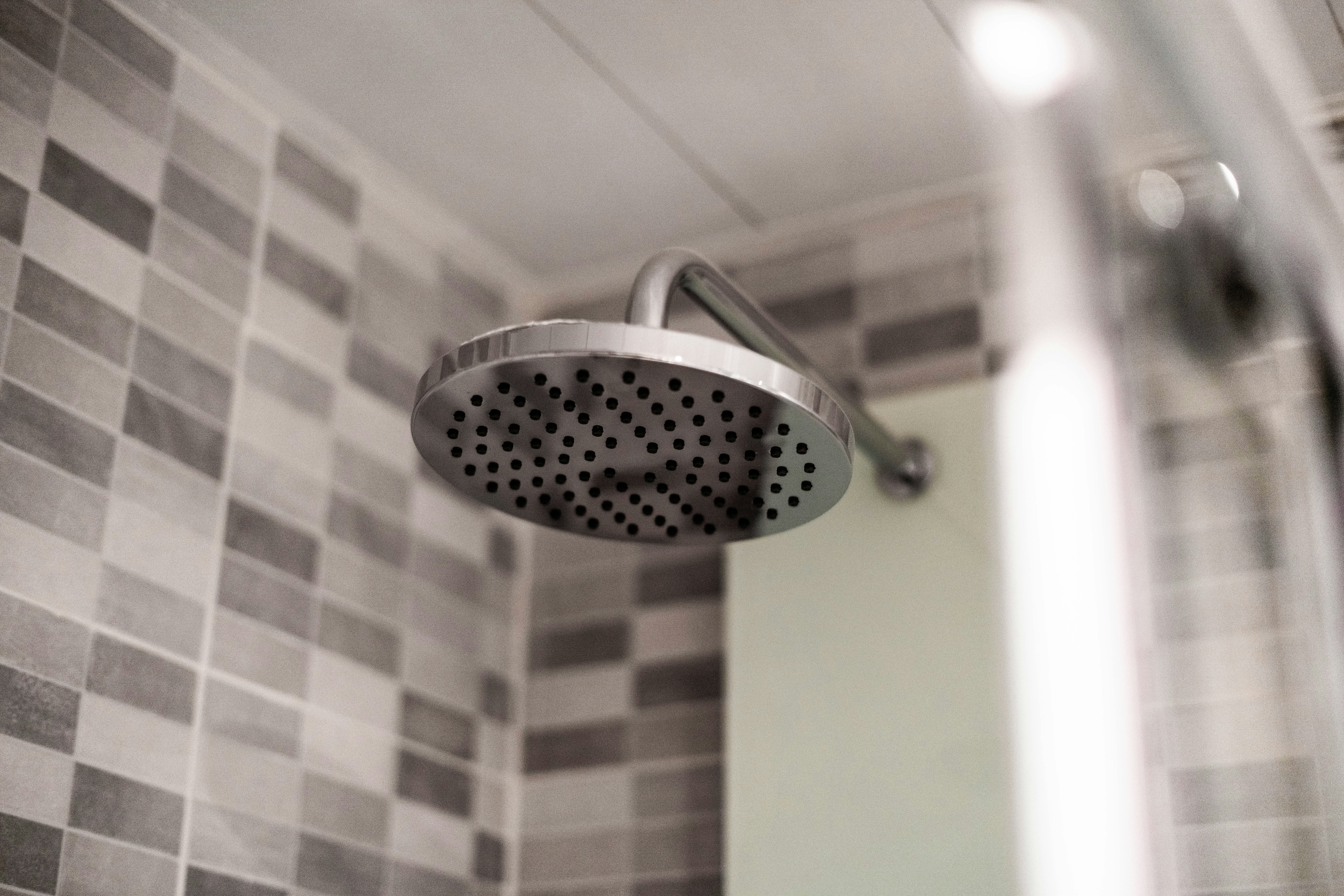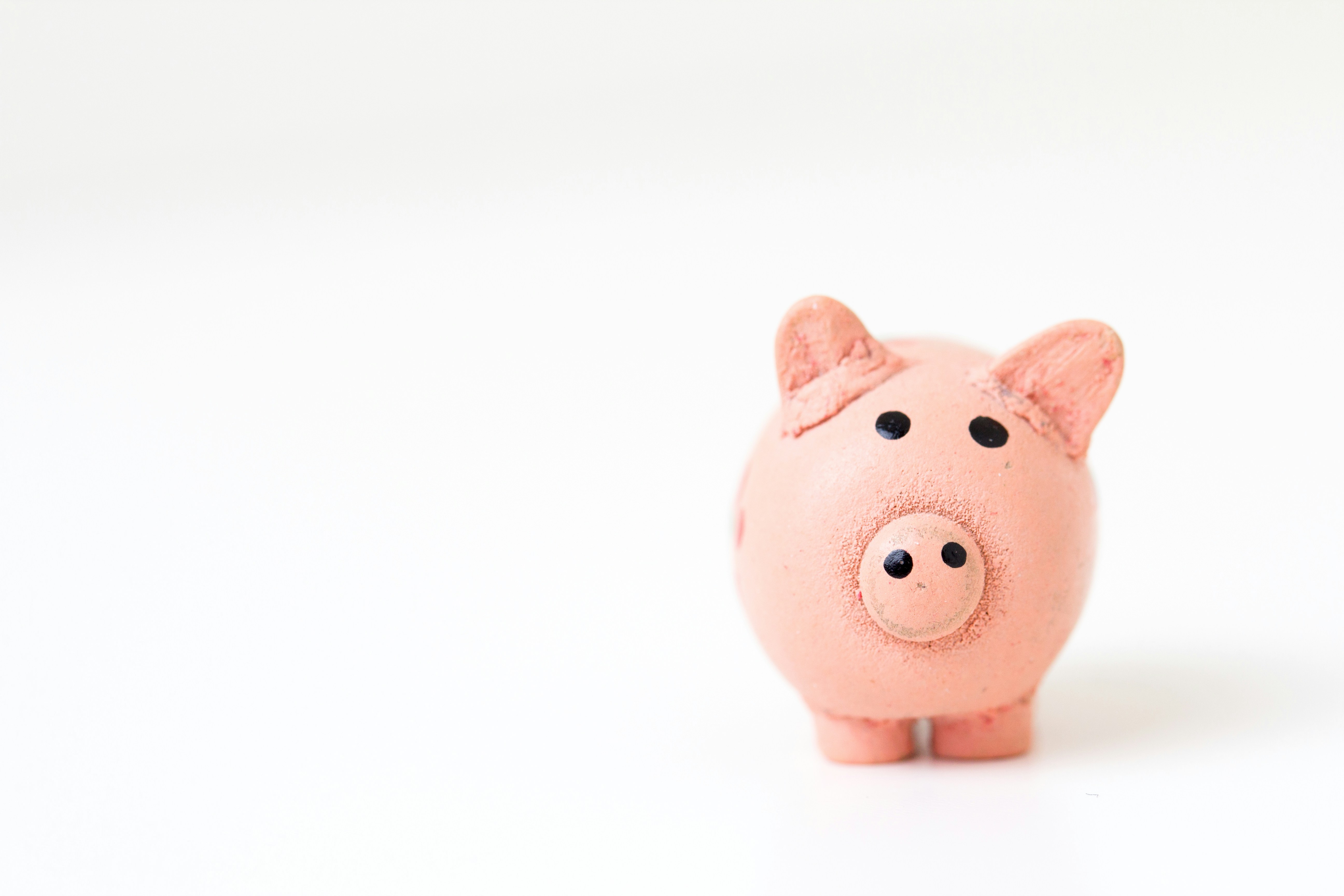Your financial situation is determined by the amount of money you have, how much you earn, and your debt and expenses. When a person’s expenses are greater than the amount of money they earn, they have a poor financial situation.
There are multiple reasons why a person may have financial challenges including loss of unemployment, illness, unexpected emergencies, and poor financial management. In the United States, less than 30% of people are considered financially healthy. Those who want to improve their financial situation can use these tips to start their financial health journey.
1. Create a budget, and track your spending.
Unless you monitor your spending habits, you’ll likely have financial issues. It’s easy to lose track of how much money you’ve spent and where your money is going if you aren’t monitoring your expenses.
Create a budget. Start by listing your essential expenses, such as food, rent, and utilities. Deduct these monthly costs from the amount of income you earn each month. With a comprehensive budget, you’ll know how much money is left over each month for personal expenses, entertainment, and savings. A 2018 study revealed only 53% of Americans didn’t spend more than they earned each month. The same study revealed less than 50% had a budget, and 59% of people surveyed had no savings.
If you don’t have extra money, you may need to find ways to reduce your expenses. Without savings, you’ll be unable to cover unforeseen emergency expenses, which can compound your existing financial issues.
Track your spending for a few months. Although you may budget a set amount for things like your phone bill, your actual cost can increase if you make international calls or exceed data limits. Comparing your actual spending to your budget will help you identify poor spending habits you can change.
2. Reduce your energy costs.

Energy costs have been rising steadily, and electricity is a necessity. Like the cost of rent, you may feel that this is a cost you can’t avoid.
Although your home must have electricity, there are things you can do to minimize this cost. Start by using an energy cost comparison tool. Google “cheapest electric in Northern Ireland” to learn about energy providers who service your area. When you input your address into the system, you’ll receive a list of companies who can supply energy to your address. Some comparison tools prompt you to provide information about your current electric bill and outline how much each energy company would charge you for comparable usage. You can see how much money you will save by switching to a different provider.
There are also several other steps you can take to reduce your electric bill. Whenever possible, run major appliances during off-peak hours. Start your dryer or dishwasher before you go to bed to take advantage of lower energy rates. Replace your light bulbs with LED bulbs, and open your drapes to reduce lighting costs.
Turn your water heater’s temperature down to 120°F, and use cold water to wash your clothes and brush your teeth. You can also reduce costs by insulating your water heater. Once insulated, your water heater will be able to retain heat longer, which means it won’t need to run as often. You can also expand your savings by having everyone in your home to reduce their shower times by one minute.
When your appliances break down, replace them with energy-efficient options that use fewer kilowatt-hours (kWh). You’ll reduce how much electricity you’re using automatically. You can also employ a few tactics to reduce how much you use your appliances. It costs less to run smaller appliances, such as crockpots and toaster ovens. When possible, use these appliances for cooking food instead of running your oven.
Your home’s heating, ventilation, and air conditioning (HVAC) system consume a lot of energy. While heating and cooling your home is crucial, there are still a few ways to save money. Turn your thermostat down a few degrees in the winter, and turn it up a few degrees in the summer months. Have your HVAC unit inspected and maintained regularly, and replace the filter every 45 days. If the filter is dirty or obstructions block the vents, your HVAC system will have to work harder to push air throughout your home, which means it will use more electricity. Regular maintenance can prevent those costs and expand the life of your unit.
You can also avoid taxing your AC in the hot summer months with smart cooking strategies. Use your barbecue to cook meat outdoors to avoid heating your kitchen, and cook meat or bake food in your toaster oven to keep your kitchen cool.
3. Prioritize strategic shopping practices.

You can purchase nice things even if you’re following a budget. Investigate products and retailers before making purchases. Opt for a faux sheepskin rug instead of real sheepskin to acquire the stylish look at a fraction of the cost. Faux sheepskin rugs feel like real sheepskin. Faux fur rugs are also durable, which means you’ll save money by purchasing a less expensive, cruelty-free rug that can last for years.
When you prepare your budget and track your spending, you may identify some spending overlaps. How many streaming subscriptions do you have? How often do you watch each platform? Cancel subscriptions to platforms you aren’t watching. You can also reduce your monthly expenses by rotating between different streaming platforms. This way, you’ll avoid paying for services you aren’t using.
4. Make smart investments.

One way to improve your financial health is to take advantage of investment opportunities. Smart investments can lead to stable revenue generation. Take a course to learn more about the different asset classes and how investing works. Supplement that information with research. Google “is Yieldstreet legit” to learn more about that investment platform and read about other investing options. When you take steps to do your own due diligence, you’ll be able to invest with confidence. Several investment apps can help you manage your investments and monitor how your stocks are performing.
You can also consult a financial advisor who can explain the potential risks and help you identify investment options. Financial advisors must have relevant degrees and be certified or licensed to work in their field. Since they’re knowledgeable, they can help you make informed decisions about the stock market and the minimum investment amounts required. An accredited investor can also help you find the most secure investments that will yield higher returns.
Another way to invest is by purchasing relevant insurance. If you have income protection insurance—also known as individual disability income insurance—you will receive a monthly stipend if you’re unable to work. This protects you from loss of income due to illness or injury.
5. Save for emergencies, and avoid credit cards.

It’s a good idea to start a savings fund and an emergency fund. These resources can make the difference between experiencing a financial catastrophe and managing costs during an emergency. Determine how much of your annual income you’d like to save each year, and make adjustments to your spending to reach that target. Set up a separate bank account for your emergency fund to ensure you set that money aside each month.
Your emergency fund can cover your monthly living expenses if you’re in an accident and unable to work. It can also be used to supplement your income if you’re laid off from work and have to collect unemployment. Emergency funds can cover the cost of vehicle repairs if you’re in an accident or have unexpected household repairs.
Your savings fund is an investment. You’ll earn interest if you keep your money in a savings account. If you have a severe emergency and exhaust your emergency fund, you can use your savings fund to cover expenses.
When you have both emergency and savings funds, you can avoid using credit cards to cover unforeseen costs. Using credit cards can have a significant, adverse effect on your financial health. Credit card companies charge high-interest rates, and if you maintain a balance on your card, the card payments will increase your monthly expenses, which will reduce the amount of money you have available to save.
Creating a budget and tracking your expenses can help you reduce your expenses. Smart shopping and investments can increase your savings and generate extra revenue. Employing these simple strategies can improve your financial health and help you increase your savings.




